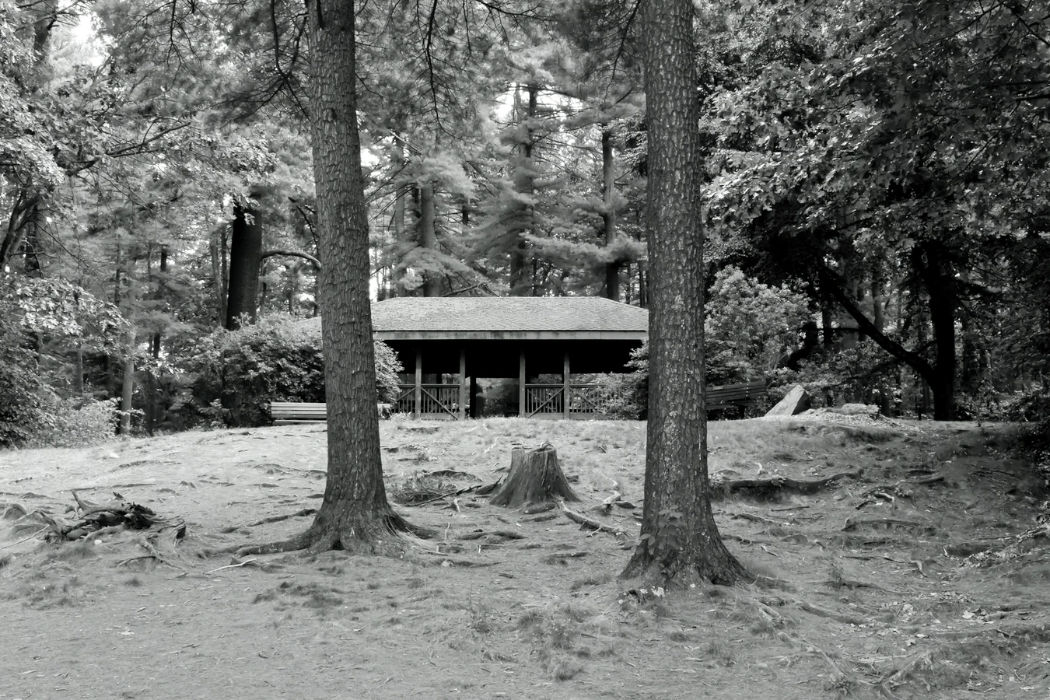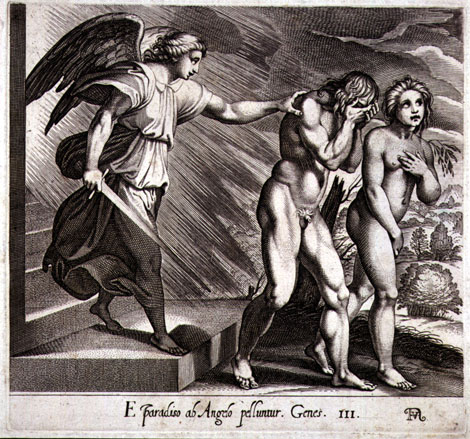The re-Christianizing of England by Celtic missionaries and St. Augustine did not just revolutionize the life and religious beliefs of England; it also brought the wealth of a new kind of Literature under an impulse that was very powerful, different and exalted. Under the influence of Christianity began a new creative period in England towards the end of 7th century which was marked by remarkable literary developments. The tone and spirit of English Literature had changed greatly and there was the birth of a new kind of poetry which had the best of both Teutonic and Christian worlds.
The advent of Christianity greatly expanded the range of English poetry. The baptized Anglo-Saxon poets were no longer content with merely adding Christian sentiments to pagan poetry. They broke away from the common themes of Germania and sought subjects for their poetry in the stories of the Bible and the lives of the saints. Thus the heroism of Judith was sung in the measure that had chanted the deeds of Beowulf, and God and his angels or Christ and the apostles took the form of an English chief with a shining clan of unconquerable clansmen. The techniques of Anglo-Saxon heroic poetry were applied to Christian themes and stories which can be noticed in the poem Exodus where Caedmon widely departs from the Biblical text and gives vivid battle scenes like those in early national poetry. The form of poetry remained the same; however the subject was thoroughly changed.
Christianity introduced the literature of praise and prayer. The first of the English songs after the coming of Christianity was an outburst of praise which is sounded in Caedmon’s Genesis which began with the grand justification of the propriety of praising the Lord of Hosts. The same note was also struck in the verses of Cynewulf who specialized in rushing praise. In fact, the lofty music of Milton’s praise can be traced back to the exultation of Caedmon’s and Cynewulf’s poems.
Christianity also introduced a new kind of sorrow into English poetry – the sorrow for sin and a wasted life which is highly reflected in Cynewulf’s poems which rings with the poet’s lament for his past.
Anglo-Saxon poetry rung with the fear of the dark, relentless and wyrd which destroyed everything it touched but after the advent of Christianity the fatalism of Old English poetry was modified by faith in the will of an all-loving God. The sadness generated by the cruel Wyrd still persisted over Christian poetry but it was now met with noble hope and consolation of the eternal happiness and peace in the world to come.
Anglo-Saxon pagan poetry had dealt mainly with the wild, violent and tempestuous aspects of nature but after coming in touch with Christianity, the poets began to appreciate the serene, gentle and summer-tempered aspects of nature. In Guthlac, while describing the view from the hill where the Mercian saint lived, the Christian poet (probably Cynewulf) writes – “Serene was the glorious plain, fresh his dwelling place, sweet the song of birds, blossoming the Earth and the cuckoos announced the year.” An original delight in the charming moods of nature is also is also revealed in Phoenix.
Christianity also gave English literature a new woman heroine in the form of Judith and Juliana who were both brave martyrs. It also introduced the new cultus of the Cross which can be noticed in poems like Elene and The Dream of the Rood.
The advent of Christianity turned the whole current of English Literature into new channels. The new Christian poetry was more subjective rather than objective, lyric rather than epic. The older poetry penetrated the new and the spirit of the new transformed the old. The historical importance of Anglo-Saxon religious poetry as observed by W. P. Kerr lies in the “blending of Germania, the original Teutonic civilization with the ideas and sentiments of Christendom. It was owing to the influence of Christianity that the Anglo-Saxons were brought in touch with Christian Europe and the Christian Europe has its contact with the classical civilization of Greece and Rome.
Some online learning platforms provide certifications, while others are designed to simply grow your skills in your personal and professional life. Including Masterclass and Coursera, here are our recommendations for the best online learning platforms you can sign up for today.
The 7 Best Online Learning Platforms of 2022
- Best Overall: Coursera
- Best for Niche Topics: Udemy
- Best for Creative Fields: Skillshare
- Best for Celebrity Lessons: MasterClass
- Best for STEM: EdX
- Best for Career Building: Udacity
- Best for Data Learning: Pluralsight
















